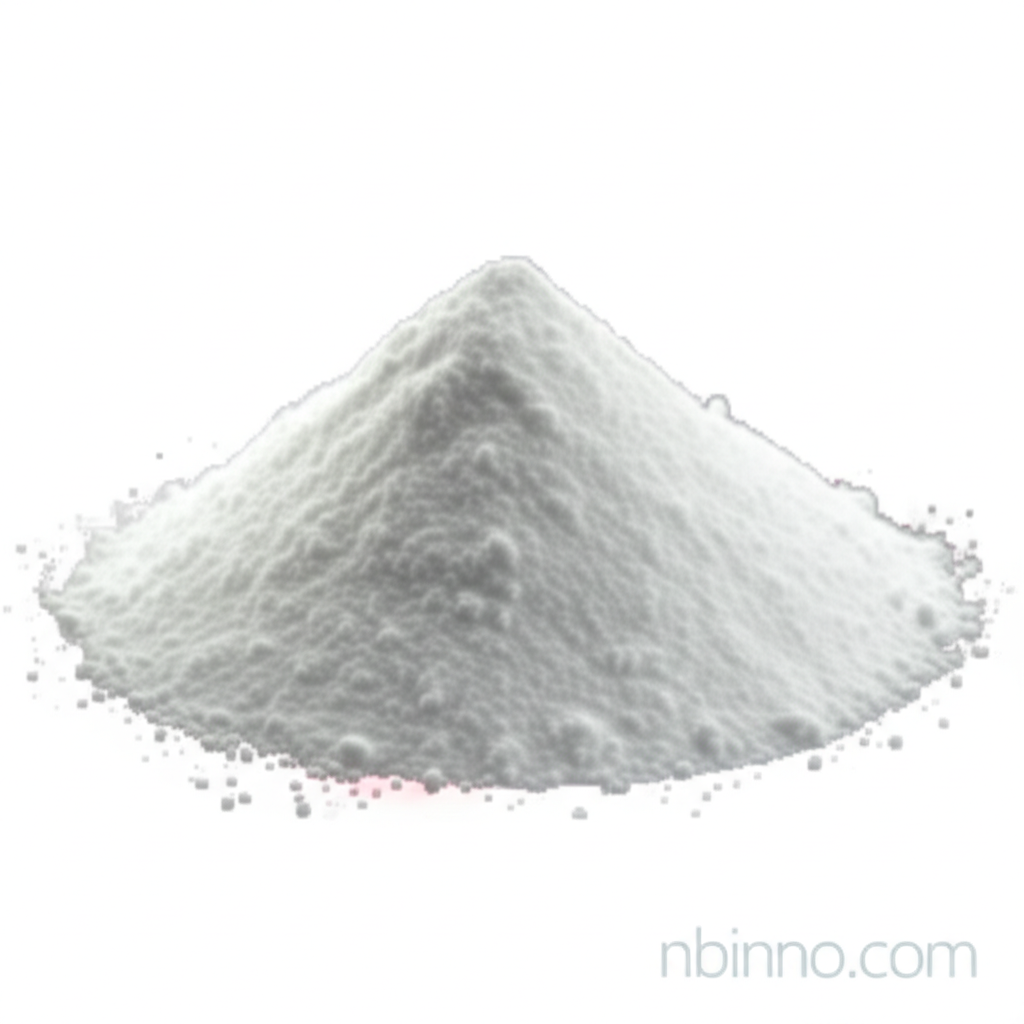Procaine Hydrochloride: Your Essential Local Anesthetic Solution
Discover the properties, applications, and advantages of this vital compound in medical and dental procedures.
Get a Quote & SampleProduct Core Value

Procaine Hydrochloride
Procaine Hydrochloride, widely recognized for its efficacy as a local anesthetic, offers a reliable solution for pain management in various medical and dental settings. Its ability to temporarily block nerve fiber conduction ensures patient comfort during procedures.
- Experience targeted pain reduction with Procaine Hydrochloride, a key component for dental procedures.
- Understand the procaine hydrochloride mechanism of action and how it provides temporary numbness.
- Explore the procaine hydrochloride uses in infiltration anesthesia and nerve block techniques.
- Learn about procaine hydrochloride drug interactions to ensure safe administration.
Key Advantages
Enhanced Patient Comfort
As a leading local anesthetic, Procaine Hydrochloride significantly reduces pain, allowing for smoother and more tolerable medical and dental treatments, supporting effective pain reduction during surgery.
Proven Safety Profile
Compared to historical alternatives, Procaine Hydrochloride offers a better safety profile, being non-toxic and non-addicting, making it a preferred choice for many healthcare professionals.
Versatile Application Methods
The utility of Procaine Hydrochloride extends to infiltration, nerve block, and spinal anesthesia, demonstrating its versatility in various medical scenarios.
Key Applications
Dental Procedures
Procaine Hydrochloride is extensively used in dentistry for its ability to provide localized numbness, crucial for procedures like fillings and extractions, supporting the procaine hydrochloride uses in dentistry.
Minor Surgical Interventions
Its effectiveness in infiltration anesthesia makes it suitable for minor surgical interventions where localized pain control is essential.
Nerve Blocks
Procaine Hydrochloride is also utilized for nerve blocks, targeting specific nerves to desensitize larger areas, a critical aspect of the procaine hydrochloride mechanism of action.
Spinal and Caudal Anesthesia
In more complex medical procedures, Procaine Hydrochloride serves as a valuable agent for spinal and caudal anesthesia, contributing to its wide range of procaine hydrochloride applications.
